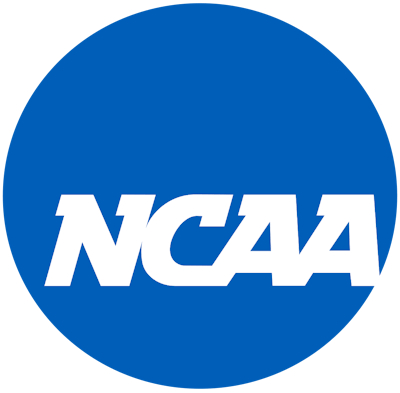
A judge has ordered attorneys negotiating a major settlement that could reshape the business model of college sports to "go back to the drawing board" in an effort to resolve the judge's concerns about how the deal could limit the way in which boosters can provide money to athletes.
The preliminary approval of the House v. NCAA antitrust settlement was rejected by judge Claudia Wilken, who said she had concerns over key terms of the deal. Wilken said she was primarily concerned that the deal would require boosters only provide money to athletes for a "valid business purpose."
According to ESPN, booster collectives have evolved to provide payments to athletes that on paper are payments for the use of the player's name, image and likeness but in practice have served as de facto salaries. The settlement terms would make it easier for the NCAA to eliminate those payments.
"What are we going to do with this?" Wilken asked. "I found that taking things away from people is usually not too popular."
Wilken has now given attorneys for the NCAA and the plaintiff class of D-I athletes three weeks to confer and decide whether they could revise the language or need scrap the current deal. NCAA lead attorney Rakesh Kilaru told the judge that the revised rules for how collectives operate are "a central part of the deal."
"Without it, I'm not sure there will be a settlement," Kilaru said.
Jeffrey Kessler, co-lead attorney for the plaintiffs, told ESPN that he was comfortable with the judge's suggestion to remove the language about NIL collectives.
"We are perfectly fine with those changes. It's now up to the NCAA. Hopefully, they'll agree to them," Kessler said. "If the deal falls apart, we go back to trial. If they want to face that, it's a decision they have to make."
The agreement orders the NCAA to pay roughly $2.7 billion in damages to current and former athletes, and both parties have agreed to allow school to directly pay athletes via NIL deals up to a limit, which is expected to be a $20 million to $23 million per school next year. That amount could rise an an annual basis.
The two parties have agreed to discuss possible revisions to the terms during the coming weeks. If no agreement is arrived at, all three cases that are a part of the proposed settlement would proceed to trial. The House v. NCAA case was scheduled to go to trial in January 2025 prior to the parties announcing a settlement.





































